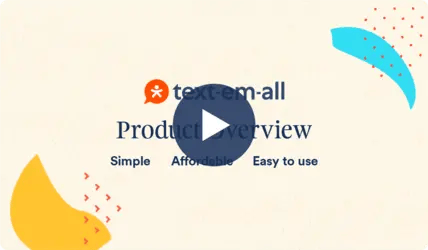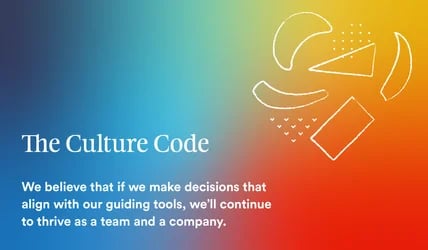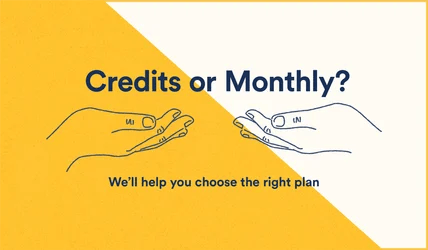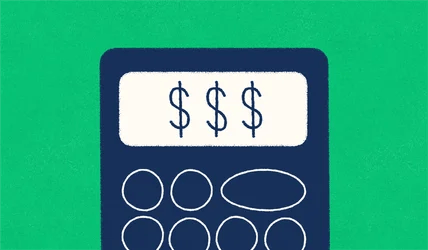I think every American with a phone has received a call from “Rachel with cardholder services.” If not Rachel, you've probably received an automated call letting you know that you've won a free cruise. If I really won something significant, I’d expect a call from an actual human being - not a prerecorded message!
The Other Side of Robocalling
It is because of “Rachel” and other spammers out in the world that the word “robocall” has a negative connotation. Robocall is just a word. The person and organization behind those calls make them good or bad. Just like there are annoying robocalls from cruise lines and insurance companies (or people pretending to be a legitimate company), there are also great robocalls that people actually WANT to receive. Think about your school, employer, and church - these organizations may use robocalling to communicate important information like weather cancellations.
We view robocalls as calls from your doctor, dentist, pharmacist, city, and utility companies. Parents and teachers rely on robocalls for updates on school closings. Search and rescue teams coordinate responses for missing people and fire crews coordinate positions and tactical requirements. To say all robocalls are bad is generalizing what can be an extremely useful service.
Because there are both good and bad uses for robocalling technology, we appreciate and support regulations on automated calling. However, we must be careful not to categorize all robocalls as spam. Robocalls are not the enemy. Spammers are. We recently met with the FCC Commissioners’ offices and are pleased to report that they do understand the value of automated calling services.
We, like many other companies, are trying to be good citizens in the automated calling industry. We aren't hiding in another country. We don’t disregard regulations. We work hard to keep known bad calls off our platform and help to ensure our users are educated about the calls they can and cannot place using a voice broadcasting service.
Who Are the Spammers?
Many might be confused as to how we can view robocalls as a helpful technology. We encourage you to read our manifesto. We do not support spam robocalls. We do not support spammers. Our clients aren't spammers. They are legitimate organizations with legitimate problems solved by an automated calling service like ours. Which begs the question - who would want to call or text someone that doesn’t want the call or text? I can think of two scenarios which I'll explain below. Our laws are working well for one scenario and not so well for the other
The first scenario is legitimate organizations that are sending promotional messages or harassing debt collection messages. Our laws are doing a pretty good job of discouraging these types of messages. Just this week, a judge awarded a woman $230,000 for unwanted messages from Time Warner. There are also many, many class action lawsuits that have been filed - almost all taking advantage of the large per-call penalties in the Telephone Consumer Protection Act (TCPA). These penalties range from $500 to $1500 per single phone call. For a company that transmits tens of millions of calls and texts, that’s quite a financial incentive to comply with regulations!
The second problem scenario comes from illegitimate organizations. These are the folks that are preying on senior citizens or people that aren’t paying attention. They attempt to manipulate people into revealing personal and financial information like credit card numbers, social security numbers, and birthdates. These are criminal organizations that could care less about laws and regulations. So, it makes sense that further penalties are not going to curb the spam calls and texts that these organizations send. We feel that these illegal calls are not a domestic problem as much as an international problem. These spammers typically initiate their calls internationally via VOIP without fear of penalty, preying on senior citizens and gullible people.
We believe current regulations do a good job of discouraging unwanted calls and texts from legitimate companies here in the States. The FCC will be releasing full details on new regulations any day now, but these new rules will only affect legitimate, domestic companies. New regulations will not stop criminals from spamming US citizens. Thus, we applaud Senator McCaskill for proposing legislation that will make it easier to pursue international spammers.
Stay tuned because next week we'll be sharing more detailed thoughts on the FCC’s recent ruling and Senator McCaskill's bill.







